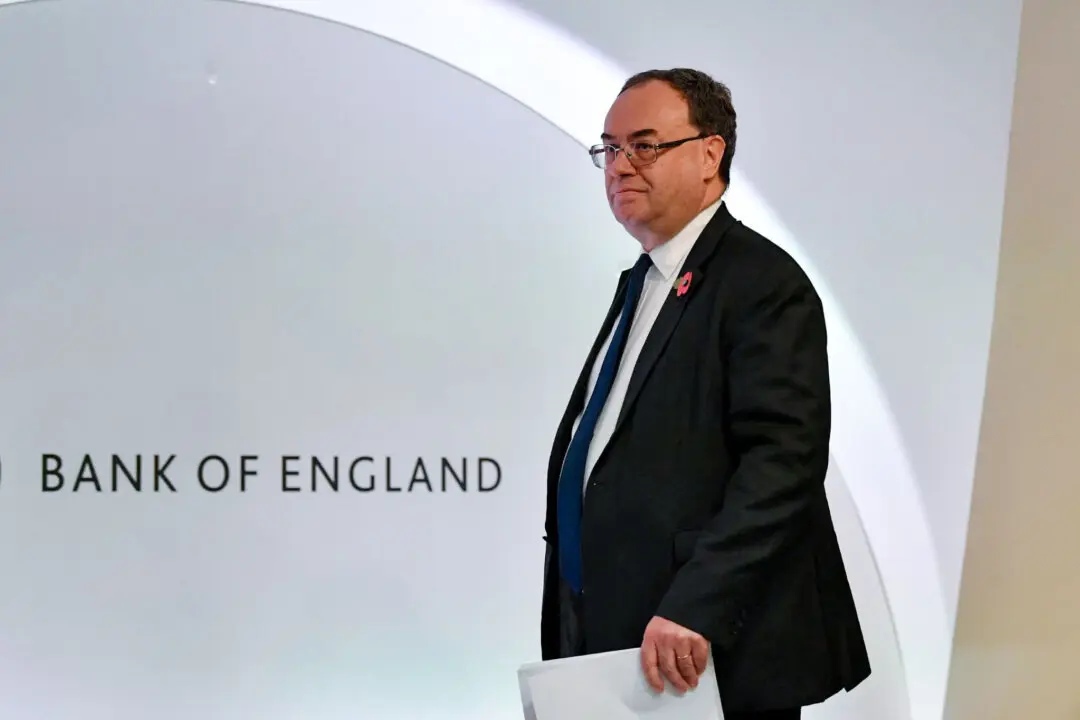Energy giant BP has shared its first quarter results of the year, announcing a profit of $5 billion and citing strong performance in its oil trading business.
Although a reduction from the $6.2 billion in the same quarter last year, the figures set at least a 10-year record for the London-based company.





